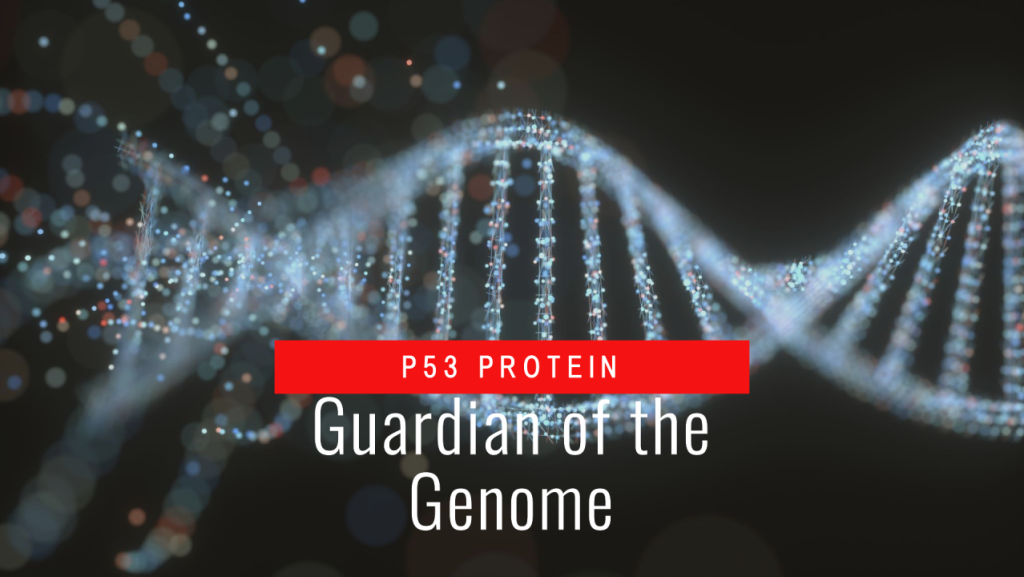- New
- Estrogen & Progesterone Influence Breasts, Ovaries
- Progesterone & The P53 Gene
- Progesterone & Pregnancy
- Listen to the Experts...
- Progesterone – How Much is Safe & Effective?
- Osteoporosis
- Hormone Therapy (HRT) for Menopause
- Hair Loss: 21 Ways to Keep Your Hair
- Progesterone Cream Side Effects – The Underlying Cause & What to Do About It…
- Optimal Support for Progesterone Cream – 7 Pillars of Health
- Tested & Approved Products
- Research
- What is Perimenopause?
- Spike Protein Detoxification
- Answers...
- Relief
- FAQ
- Products
- Life Support
Progesterone & P53:
The Natural Cancer Protection Pathway
Progesterone plays a critical role in stimulating the P53 tumor suppressor gene, which helps prevent uncontrolled cell growth and cancer. Many women are unaware of how a lack of progesterone can lead to estrogen dominance, cyst formation, and increased cancer risk.
Progesterone activates the body’s natural tumor guardian p53 helping damaged breast and ovarian cells complete their life cycle and be gently removed before problems arise. Without enough progesterone, this protective process weakens, allowing abnormal cells to persist and grow. Unfortunately, most birth control pills contain synthetic progestins that block the body’s real progesterone from reaching its receptor sites, silencing its ability to activate p53. By supporting p53, natural progesterone plays a vital role in guarding women against hormone-related cancers.


Understanding the P53 Gene: The "Guardian of the Genome"
- Halts cell division when DNA damage is detected.
- Triggers DNA repair mechanisms.
- Induces apoptosis in irreparable cells.
- Prevents tumor formation by suppressing abnormal cell proliferation.

How Progesterone Activates P53
Progesterone, a key hormone in the female reproductive system
Progesterone, a key hormone in the female reproductive system, has been shown to influence the tumor suppressor protein p53, which plays a crucial role in regulating cell cycle progression and apoptosis. Studies have demonstrated that progesterone can up-regulate p53 expression, leading to cell cycle arrest and apoptosis in various cell types, including ovarian carcinoma and breast cancer cells.
Progesterone Receptor (PR) Activation:
c-Src Kinase Activation:
Induction of Apoptosis:
Regulation of Antioxidant Enzymes:
Conclusion
In summary, progesterone activates p53 through multiple pathways, including receptor-mediated signaling, kinase activation, and modulation of cellular redox balance. These mechanisms collectively contribute to the regulation of cell proliferation and apoptosis, highlighting the complex role of progesterone in cellular homeostasis.

how does bioidentical progesterone arrest tumor growth?
- Helps regulate healthy breast cell growth and differentiation.
- Enhances P53 tumor suppression activity.
- Restores balance between estrogen and progesterone, reducing risk factors for PR-positive tumors.
- Encourages apoptosis in abnormal cells, preventing their survival.
